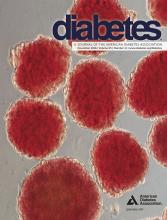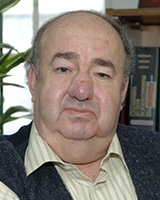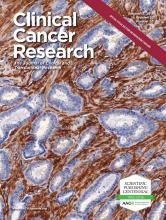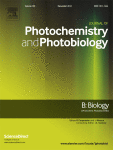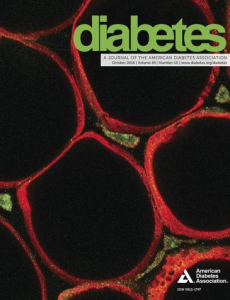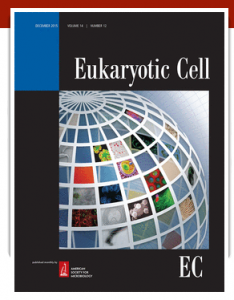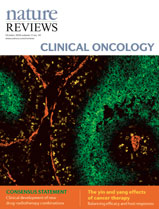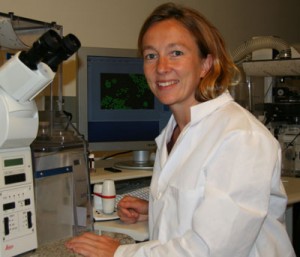
Several duplications in the work of a prominent diabetes researcher were the result of negligence, but there is not enough evidence to support charges of misconduct, according to an investigation at her university in Germany.
Recently, we’ve reported on several notices for papers co-authored by Kathrin Maedler, a researcher at the University of Bremen. So far, Maedler has one retraction, multiple corrections, and two expressions of concern to her name, after several of her papers were questioned on PubPeer. Previously, the University of Zurich in Switzerland — where Maedler completed her PhD in 2002 — determined there was a lack of evidence to support allegations of misconduct in papers that were part of her doctoral thesis.
Last week, the University of Bremen released its own investigation report (in German), which we translated using One Hour Translation. It concludes that Maedler Continue reading Leading diabetes researcher acted negligently, probe concludes
